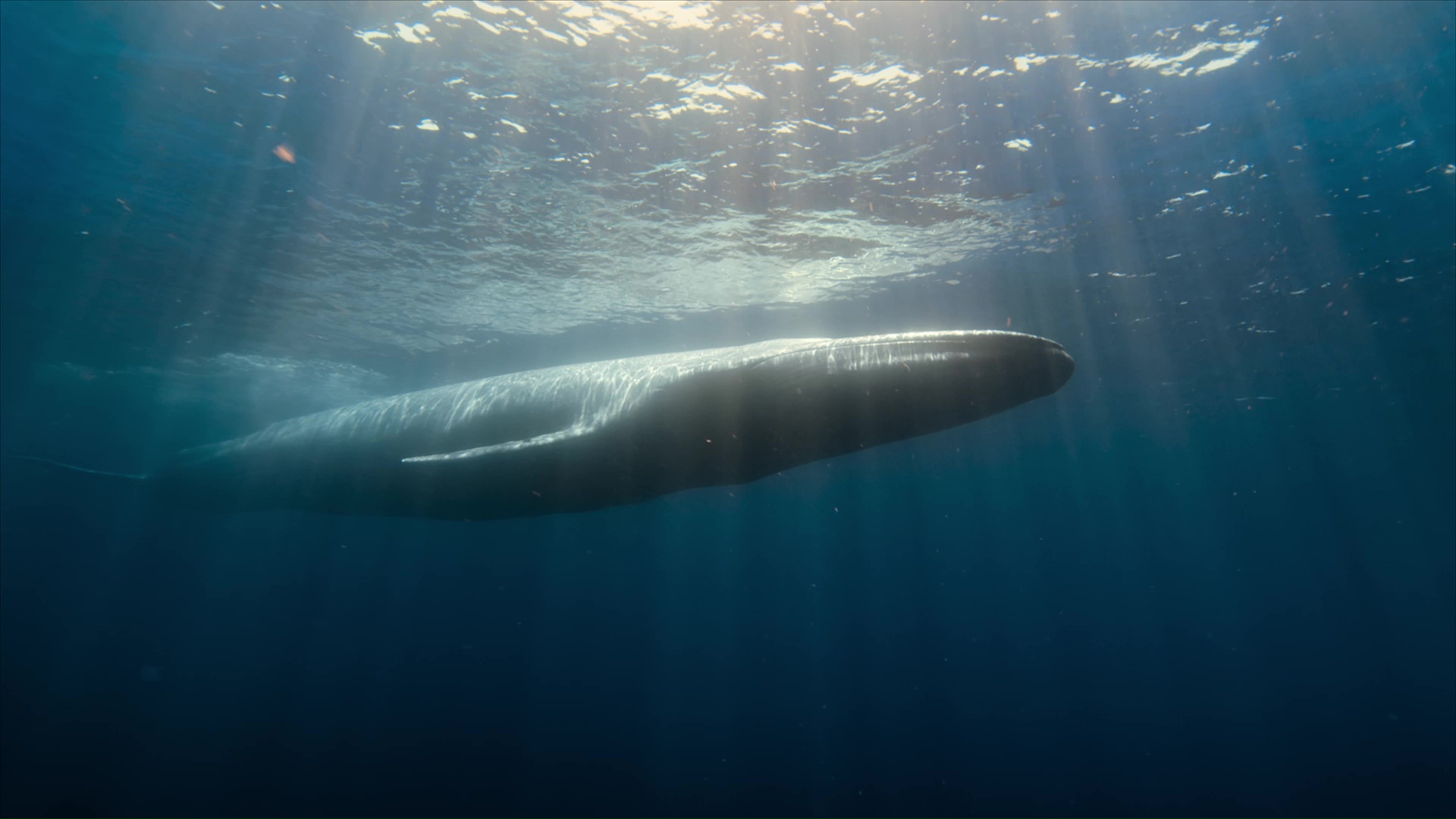For any killer whale who wants to become a whale killer, practice makes perfect. Orcas have been caught on film for the first time learning how to drown their victims, in a grisly training session.
The young orcas practise surrounding their prey and forcing it to stay beneath the waves so that its blowhole remains under water, preventing it from breathing.
During the practice session led by the matriarch, one of the orcas stands in as a body double for the victim, stopping so that its mates can surround it and force its head and blowhole beneath the surface.
The moment was captured on film by a BBC crew for the upcoming five-part nature series Parenthood, narrated by Sir David Attenborough.
The footage, revealed exclusively by The Times, shows a pod of orcas swimming off the coast of Bremer Bay in Western Australia, as Attenborough explains: “This is not a game. One deliberately stops swimming in order to enable the others to practise a particular skill. They push it beneath the surface and submerge its blowhole to prevent it from breathing.
“They are practising the actions they will use to drown their prey. And these orca need to be on top of their game. They hunt the largest animals that have ever lived: blue whales.”
The orcas are then shown approaching a blue whale and surrounding it, to put their grim training into action for real on the hunt.

The orca were seen using their new skills on a blue whale
BBC
“Such prey are too big for most orca to tackle,” Attenborough said. “But this matriarch has found one. The blue whale seems to have been caught off-guard. Working as a team, the orca keep their victim’s blowhole beneath the surface, exactly as the matriarch taught them to.”
Whales are mammals and so cannot breathe underwater. A blue whale typically dives for around half an hour before coming up for air. It can take a pod of orcas, which are technically a species of dolphin, several hours to exhaust, subdue and kill a blue whale.
A BBC spokeswoman said: “Specialised underwater gimbals and tow cameras were used to bring cameras alongside hunting orcas underwater. This technology allowed the crew to travel at the same speed as the orca hunting pack and provided new insights into their behaviour.
• Orcas bring food gifts to humans in puzzling acts of kindness
“The practice-hunting behaviour appears to show members of an orca family submerging the head of one individual to prevent it from breathing — the technique used by killer whales to hunt large whales. This practice-hunting behaviour has never been filmed before.”
The series will explore the “extraordinary strategies and ingenious tricks that animal parents employ to give their young a head start in life”.
The series, which begins on Sunday, was filmed over three years across 23 countries. It will cover a range of animal parents, from “orcas teaching their offspring to hunt blue whales, to orangutan showing their young to make their beds, to hippo families navigating the terrifying African night”, noting: “Just like us, animal parents can be caring, patient, dedicated, short-tempered and foolish.”
Attenborough said: ““Parenthood is a journey like no other. The responsibility of providing constant food and safety for offspring can be extremely challenging. For most, it all begins with a good home. Success for all parents has perhaps the greatest of consequences. It ensures the future of life on our planet.”
• Chimpanzees fall for futile ‘fashions’, just like humans
Jeff Wilson, the series’ director, said: “My personal favourite must be the story of the African social spider, a mother spider who not only raises 50 offspring alongside her sisters but eventually sacrifices her own body to feed her growing young in an act called matriphagy.”
